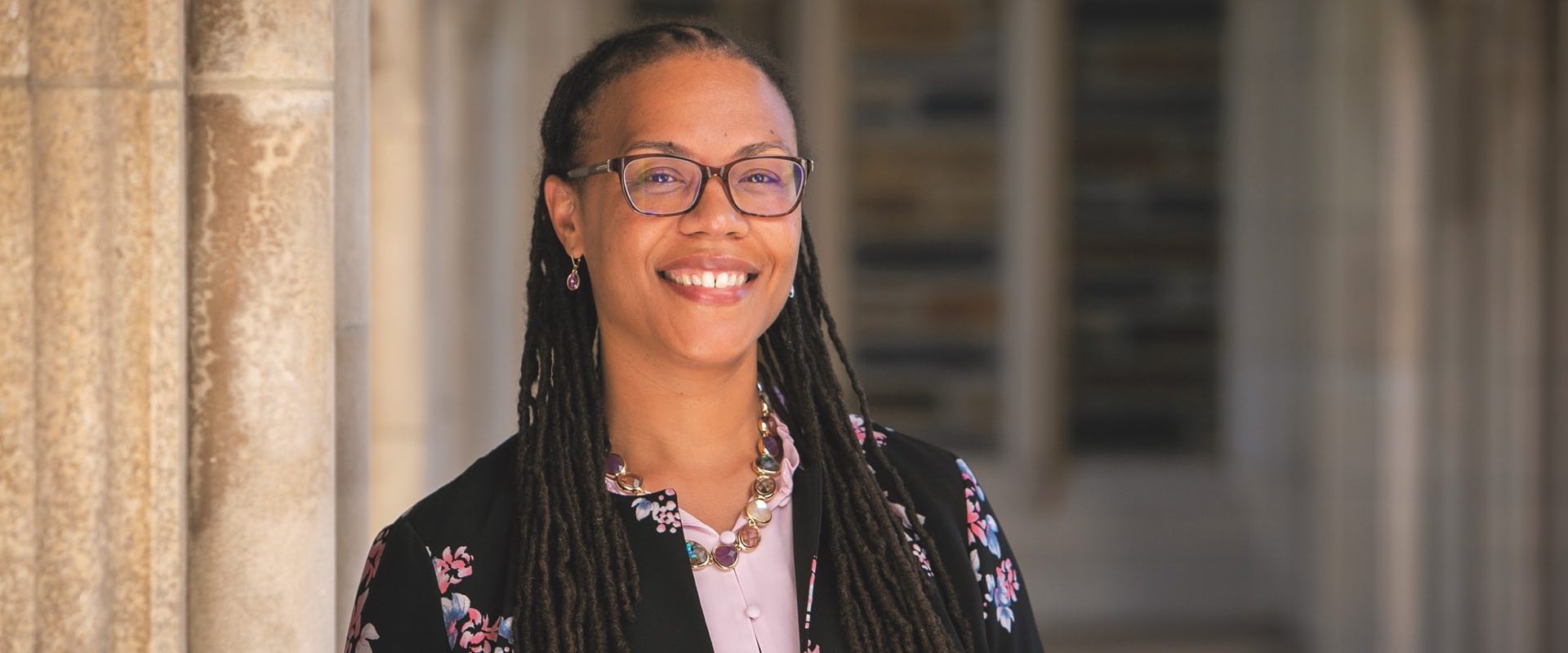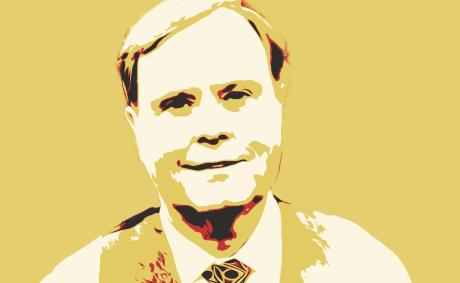In this moment, the words of Octavia E. Butler in her novel “Parable of the Sower” ring especially true: “All that you touch you change. All that you change changes you. The only lasting truth is Change.”
From a world learning to live with COVID-19 and dealing with the very real effects of climate change, to our country engaging in a struggle between progress and regression, to the gentrification of Durham, to multiple transitions in leadership at Duke, change is all around us and touches our lives in myriad ways. How do we find our footing when the terrain around us is constantly shifting? I find that my anchor is to focus on the impact I can make by creating alignment between the work I do every day and my personal values.
As an engineer, my charge is to use math and science to help solve problems in our society. Through my research, I am contributing to a small, but critical, piece of a large complex puzzle. In the big picture, I am helping to enable a new semiconductor technology that could greatly surpass the performance of silicon-based solar cells by combining inorganic and organic molecules in a single material. My unique contribution is the development of a thin-film deposition technique required to build devices from these divergent materials. If all goes well, the innovations from my lab might yield a significant payoff in 10 years or more. Such is the nature of basic science and engineering.
Fortunately, it is my role as a professor that bears fruit on a daily basis. Through the students I teach and mentor, whether as an instructor in the classroom, a guide in undergraduate and graduate study, or an adviser in the lab, I have the opportunity to plant seeds that can help grow future leaders, inventors, educators and researchers. By my own example, I strive to impart the importance of empathy, equity and engagement in education; yet I know more can be done to incorporate these same values in conducting scientific research and implementing engineering solutions.
Too often, technology-based solutions neglect societal context at the inception of an idea, resulting in unintended consequences that can be harmful. To better align my values with my research requires changing both the scope and approach of my work. Although such change is not easy, I am excited to be working on a new research project that offers the opportunity to explore my deposition technique from the broader contexts of environmental and economic impacts. By fundamentally reframing my research, I hope to learn new ways to train students to solve problems with a holistic perspective. By considering societal impact from the beginning, perhaps scientists and engineers can solve problems without creating new ones.
Embracing change to cope with change is a central theme of “Parable of the Sower.” I have found Octavia Butler’s idea to be a powerful one as I navigate both professional and personal challenges in life. While we cannot know what lies ahead, we do know that the world around us will continue to transform. The quandary and the key are to learn enough about ourselves to determine our true north as we travel the changing road ahead.
Adrienne D. Stiff-Roberts, Jeffrey N. Vinik Professor of Electrical and Computer Engineering, 2022-23 Presidential Fellow





